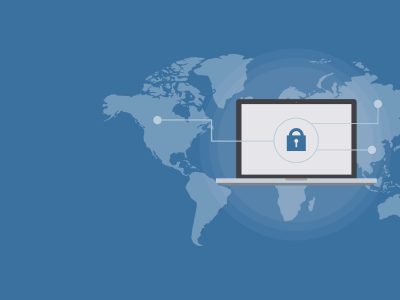The idea of assets has broadened in the current digital era to encompass digital assets in addition to tangible belongings. These can include anything from emails and social network profiles to digital photos and cryptocurrency. Incorporating digital assets into your estate planning is essential due to the growing volume of personal data and valuables kept on the internet. Ignoring them can cause your heirs to get confused and possibly face legal issues. Choosing the best estate planning checklist is essential for these works.
Recognizing Your Digital Resources
Finding out what you own is the first step in managing your digital assets in your estate plan. Compile a thorough inventory of all your internet accounts, including those for email, cloud storage services like Dropbox and Google Drive, social media sites like Facebook and Instagram, and financial accounts that contain virtual currencies. Remember to include any digital collectibles or domain names, as well as any websites you may own or have invested in. Your executor and beneficiaries will find this inventory to be an invaluable resource.
Making Digital Accounts Accessible
It’s crucial to provide your loved ones access to your digital assets after you’ve compiled a list of them. By securely exchanging usernames and passwords, this can be accomplished. To securely keep this data and grant access to reliable people, think about utilizing a password manager. As an alternative, you can draft a different document that specifies how to access your online accounts and keep it in a secure location, like with your will or a family member you can trust.
Taking Care of Digital Assets as You See Fit
Make sure your will or trust has provisions for your digital assets when creating your estate plan. Indicate in detail how your digital assets should be managed and who will inherit them. Users can develop a digital estate plan or designate a legacy contact on some services, such as Google and Facebook. Learn about each service’s policies to make sure your desires are respected.
The Function of Executors of Digital Assets
Think about designating a digital asset executor, who will be in charge of overseeing and allocating your digital assets following your death. This individual should be trustworthy and tech-savvy, able to handle the intricacies of your web presence. It’s crucial to let them know about your decision and make sure they know what you intend to do with your digital legacy.
Keeping Your Estate Plan Up to Date
Finally, it’s critical to frequently review and update your estate plan due to the ongoing evolution of digital assets and online platforms. To add new accounts or eliminate ones that are no longer needed, periodically review your list of digital assets. You can lessen the strain on your loved ones at a trying time by keeping an updated inventory and making sure your estate plan takes into account your current online presence.










Comments